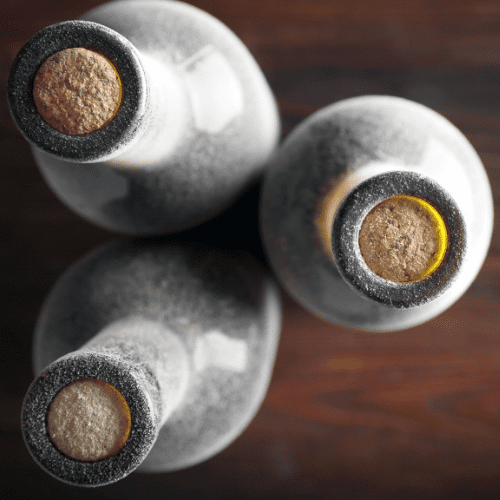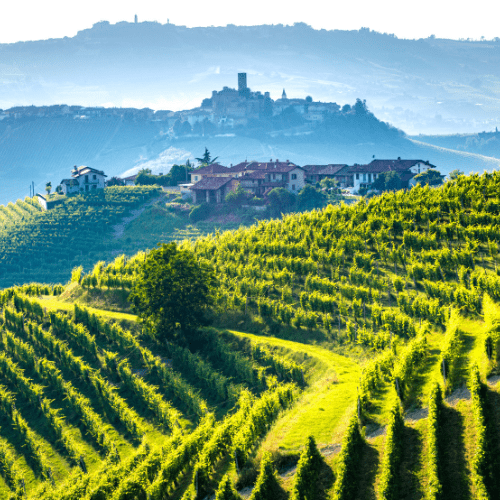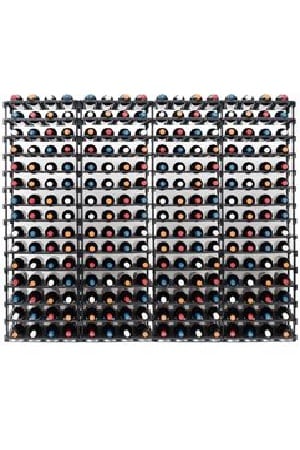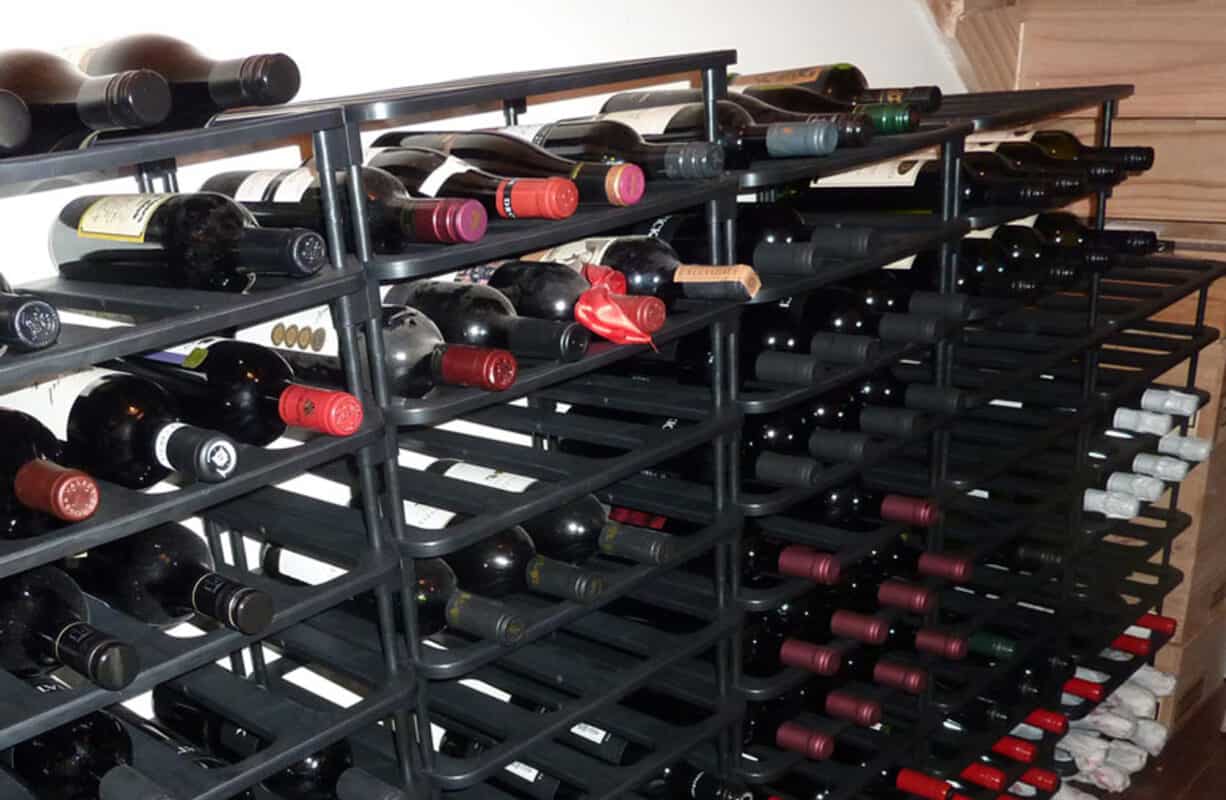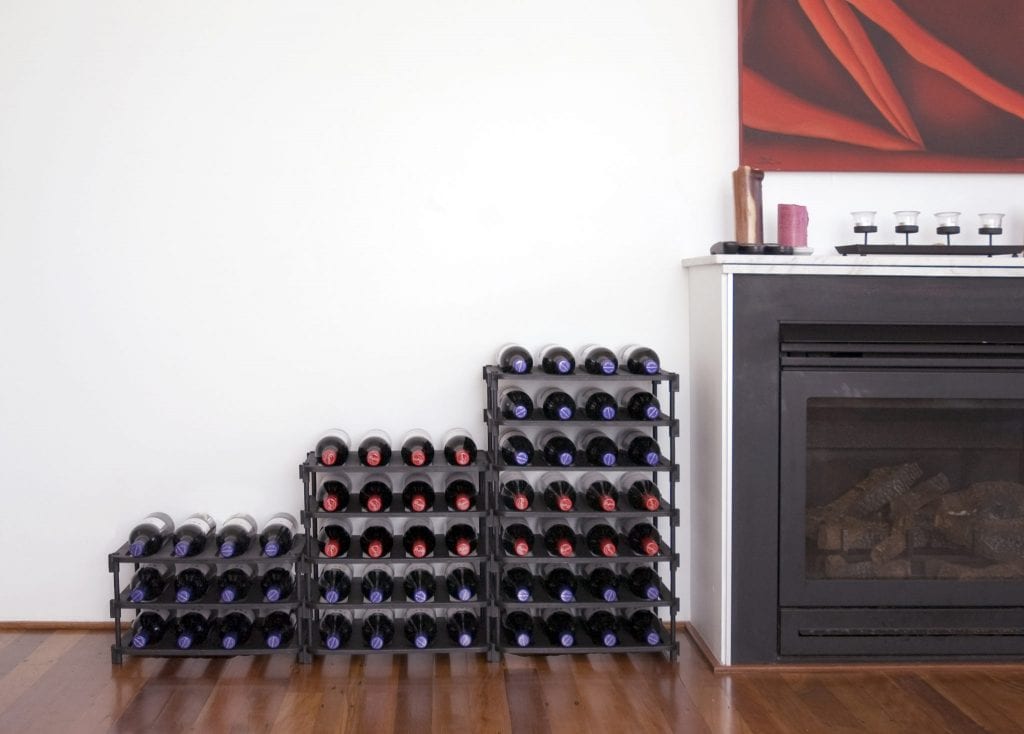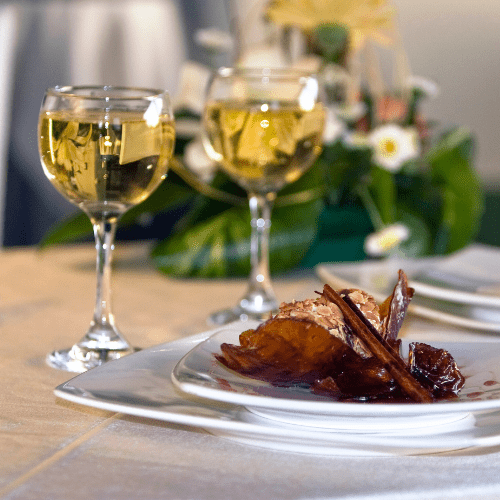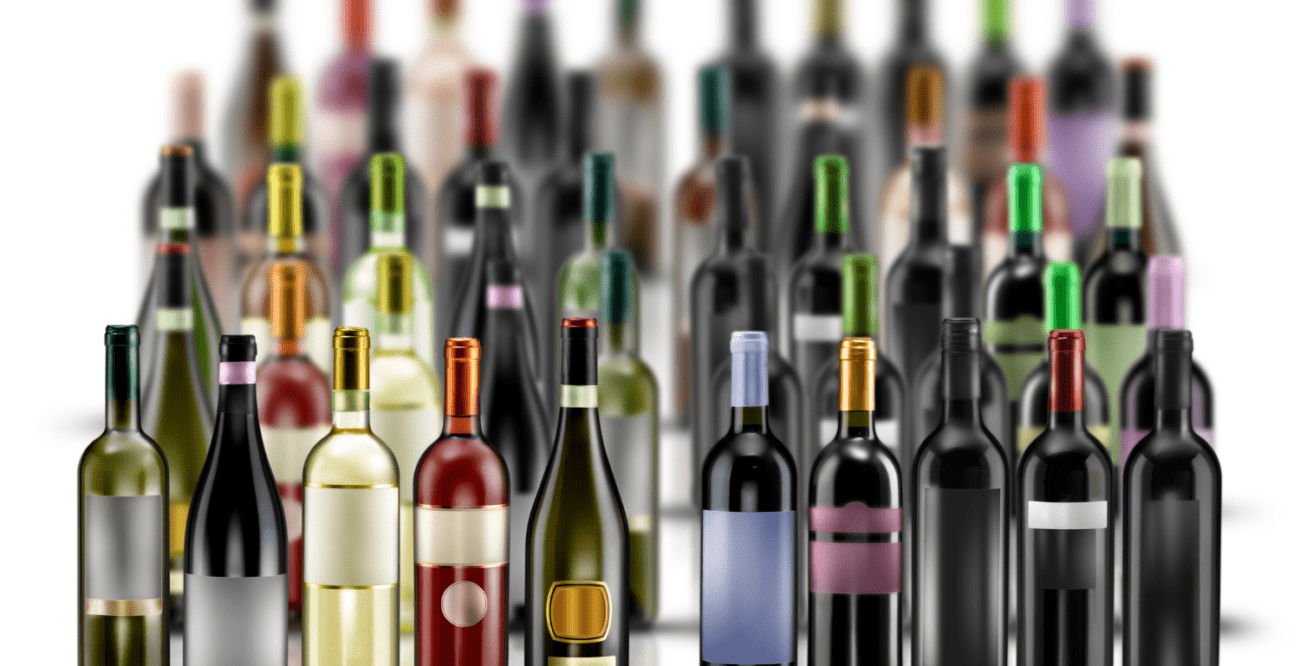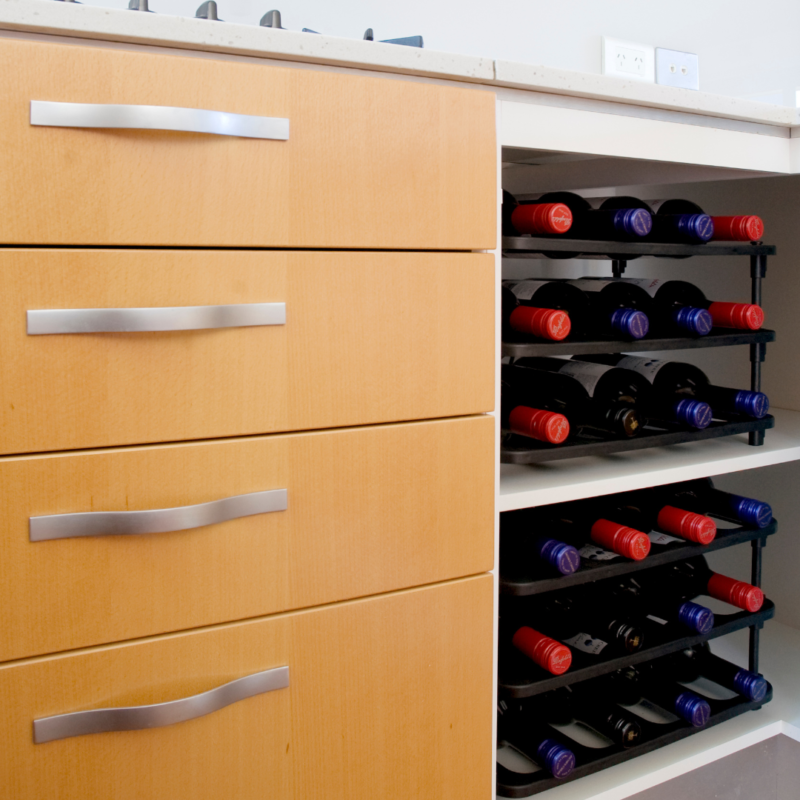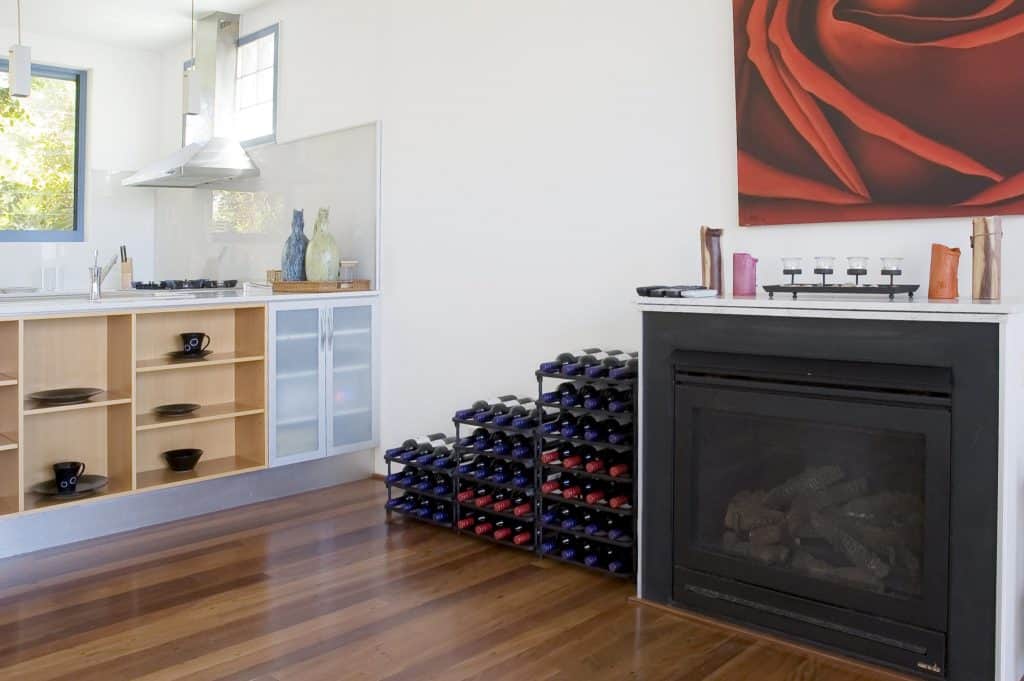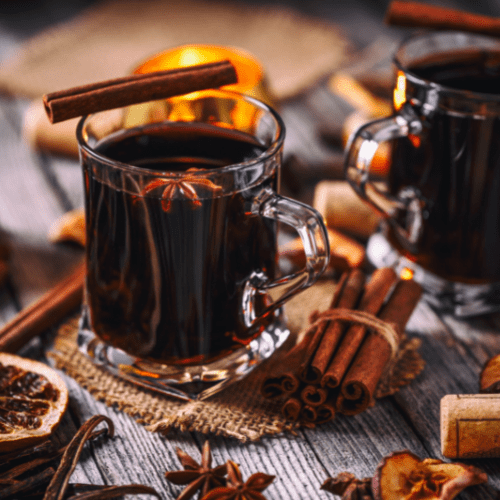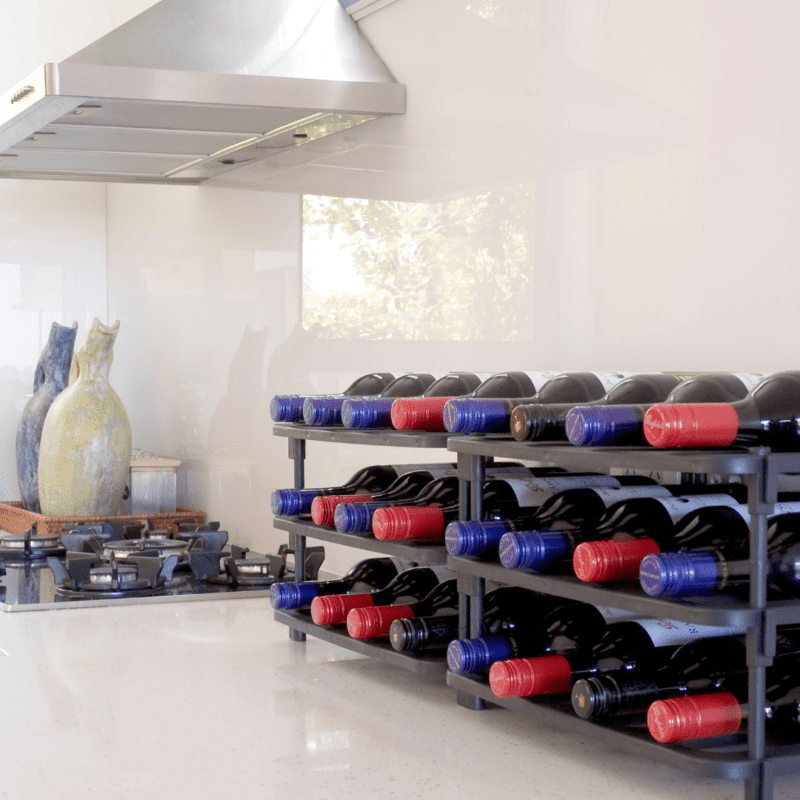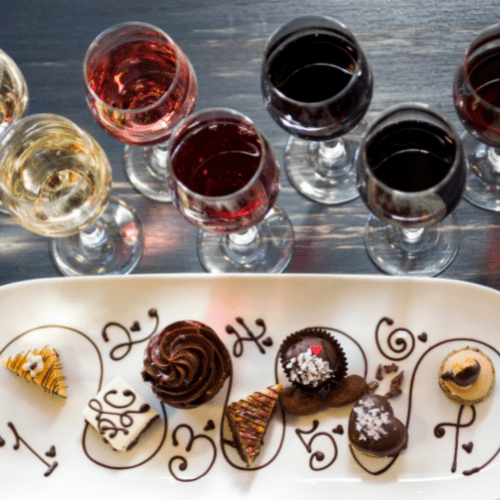Wine, like most things, changes over time.
However, wine often improves with age but only if stored correctly.
Most wine enthusiasts like to have a few bottles tucked away for a special occasion or until the wine reaches its peak. When storing wine, it’s important to remember that each bottle is natural and living.
How you store your wine bottles it will affect how quickly and how well it ages.
Aged wine develops greater complexity, as the chemical reactions that occur during ageing add new flavours and aromas to the wine.
Here are our tips on the best way to store your wine (especially in cork-sealed bottles) and will help you get the most from your collection.
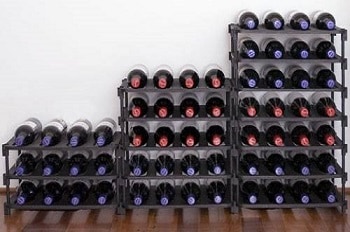
- Temperature is a major factor when storing wine. Make sure the storage area is not too cold as this will cause the cork to shrink and therefore let air into the bottle. Similarly, do not store wine in a room that is too hot, as the wine will age too fast. Wine is best stored at any constant temperature of between 5-18°C.
- Try to avoid exposing your wine to large temperature variations as this can also damage the wine.
- Vibration interferes with aging and stirs up sediments so try to avoid storing your wine in an area that has constant vibration such as on top of a fridge.
- Try to stack wines on shelves made of plastic, wood, or cement as they resist temperature changes better than metal. Note that when wine bottles are stored next to one another their temperature will likely be more stable.
- Store your wine horizontally to keep the cork from cracking or shrinking and allowing air to enter.
- Store wine at around 70 percent humidity to help keep the cork properly moistened (very low humidity dries it out; very high humidity encourages growth of mold and mildew).
- Try to Avoid storing your wine in areas with constant light.
- Try to store wine with the labels upward. This makes it easier to see the sediment formed on the opposite side of the bottle when you open it.
- Store sparkling wines and dry whites and rosés near the floor where the temperature is cooler as these are more likely to be affected by temperature problems than red wines. You should also be aware that sparkling and white wines are most sensitive to light.
- Do not store fruit, vegetables or any food that is likely to ferment near the wine.
- It is a good idea to store wine in a location where you do not have to move them around to reach a specific bottle. Once a wine has been laid down it should remain there until it is ready to be opened.
- Expandable modular wine racks are ideal as they can be increased to grow with your wine collection.
There is nothing more disappointing than opening that bottle you’ve been only to find it “off”! We hope these tips help you avoid this happening to your wine collection.


